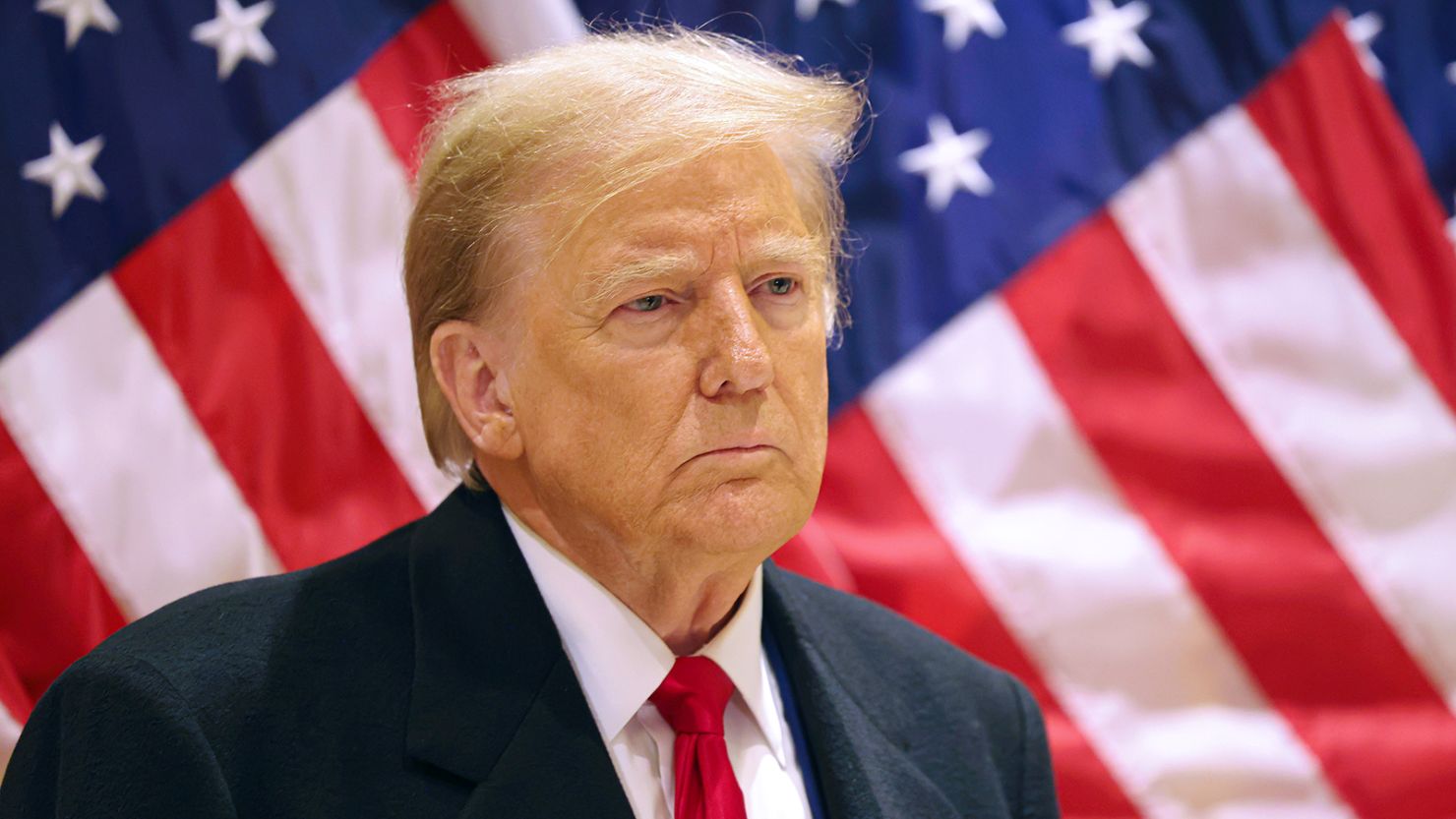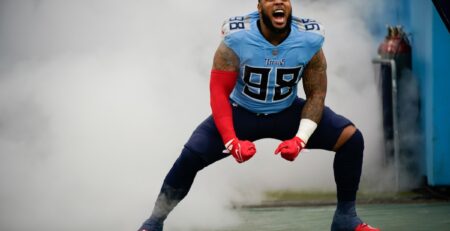Former President Trump Declined Proposed Visit To Alabama-Georgia Game Reason Being That….

Former President Donald Trump declined an invitation to attend the highly anticipated Alabama-Georgia college football game, citing concerns about security and logistics as primary reasons for his decision. The game, which is a significant event in college football, attracts thousands of fans, and the heightened attention surrounding Trump’s presence could have complicated the event.
Security has always been a top priority for former presidents, and with the atmosphere surrounding Trump often charged and polarizing, his team assessed that the potential risks outweighed the benefits of his attendance. Given the passionate fan bases of both Alabama and Georgia, the prospect of protests or disruptions was a serious consideration. Trump’s team reportedly evaluated the security measures that would need to be in place to ensure his safety, which could have detracted from the game experience for fans.
Moreover, logistical challenges played a significant role in his decision. The demands of coordinating travel, accommodation, and event security for a former president are extensive. With the game expected to draw a massive crowd, accommodating these logistics would have posed a considerable challenge, especially in an environment where the focus should ideally be on the sport itself.
Additionally, Trump’s absence from the game might reflect his strategic approach to public appearances. As a political figure, maintaining a presence at certain events can be advantageous, but aligning himself with specific gatherings can also be risky. By choosing not to attend, Trump avoided the potential for controversy or backlash that might arise from his presence at such a heated sporting event.
While the Alabama-Georgia matchup is significant in its own right, Trump’s decision to skip it speaks to the complexities of navigating public appearances in a politically charged landscape. His absence allows the game to remain the primary focus, highlighting the athletes and the competition rather than overshadowing it with political discourse.
In the end, Trump’s decision not to attend underscores the careful balancing act that former presidents must perform when considering public engagements. The allure of college football, especially a rivalry as fierce as Alabama versus Georgia, may be strong, but the implications of his presence necessitated a more prudent approach. As the game unfolds, fans will undoubtedly celebrate their teams while navigating the broader narrative that surrounds political figures in sports culture.










